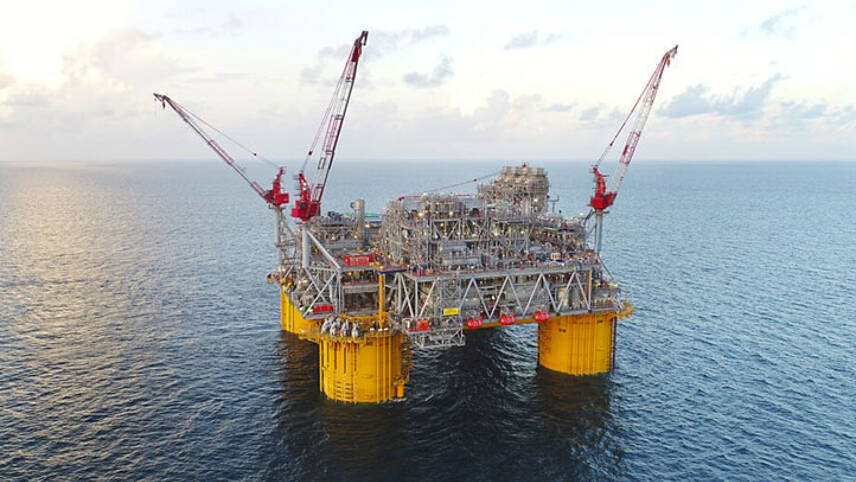Well, would you expect anything less from our pathetic government? Reposted from Edie:

In terms of fuels and technology innovation, the UK lags behind.
The analysis examines the International Energy Agency (IEA)’s government energy spending tracker from 2020 to 2023.
According to the data, the UK Government spends the least in total out of the five major countries, ranking the lowest for per capita green energy spending.
Additionally, it spends the lowest amount on low carbon transportation, compared to rest of the four nations, despite transport being UK’s largest emitting sector for greenhouse gas (GHG) emissions, accounting for 23% of the UK’s total emissions in 2022.
Italy invests significantly more than the UK in low-carbon and energy-efficient transport, allocating $47.8bn compared to the UK’s $13.1bn. Similarly, Germany’s investment in this sector is nearly three times that of the UK, totalling $38.1bn.
In terms of fuels and technology innovation, the UK lags behind all five countries analysed.
When it comes to energy-efficient buildings, households and industry, the UK ranks second to last among the major Western European economies. France outspends the UK nearly twofold in this category, allocating nearly $28.5bn compared to the UK’s $14.6bn.
Despite having similar population sizes, France’s per capita spending on green initiatives surpasses that of the UK by almost double, with $952.40 per capita compared to the UK’s $494.43 per capita.
Greenpeace UK climate campaigner Georgia Whitaker said: “It’s clear that despite the Government’s bluster, we are utterly failing on the world stage when it comes to green investment.
“Not only are the US and China leaving us in the dust in the race on green technology, we’re also doing terribly compared to our European neighbours.”
Whitaker added: “Jeremy Hunt should use the Spring Budget to address this embarrassing failure, but instead he’s flirting with tax cuts that disproportionately benefit the wealthiest. Meanwhile, the rest of us struggle on with the cost of living.
“We urgently need a bold green industrial strategy to boost our flailing economy, help ordinary people with the cost of living, and tackle the climate crisis. Green infrastructure investment, with a focus on renewable energy, insulating our homes and making transport greener would do just that.”
Chancellor Jeremy Hunt is due to deliver his Spring Budget tomorrow (6 March) and the green economy is calling for the creation of a Net-Zero Investment Plan, including sector-specific emissions pathways and technology trajectories to tackle energy poverty and achieve clean economic growth.
